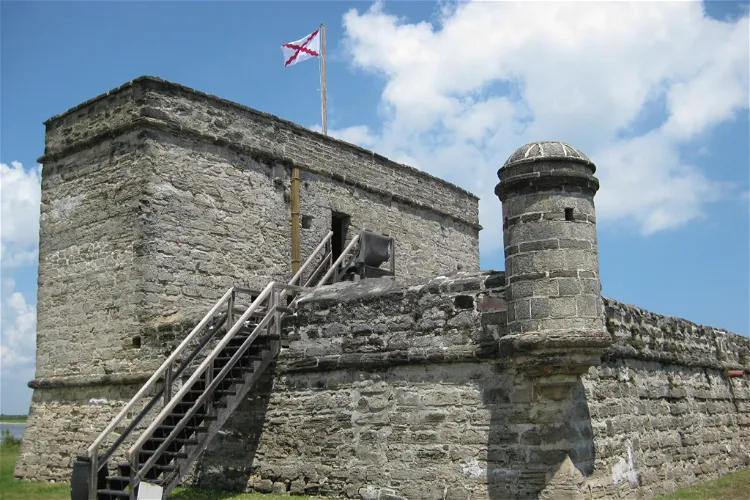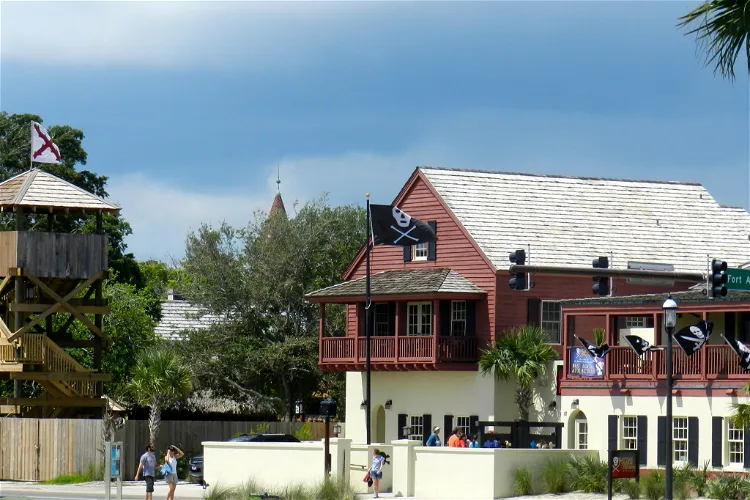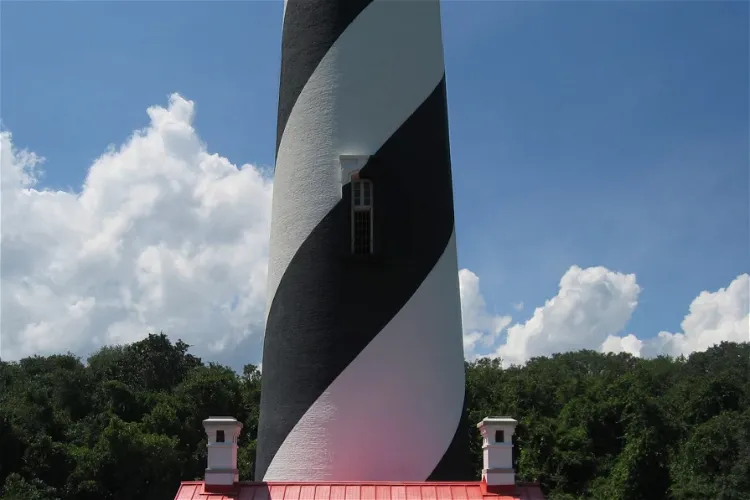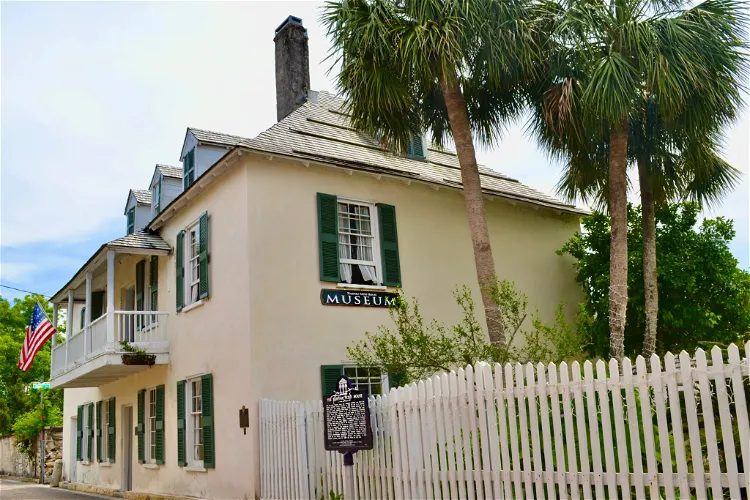Are you fascinated by the sea and maritime history? These are the top maritime museums in St. Augustine

Fort Matanzas National Monument
St. Augustine, FLThe Fort Matanzas National Monument is not just a fort; it also includes approximately 0.5 km² of marshland with saltwater and some small islands along the Matanzas River. Located near St. Augustine on Florida's north coast, this site offers a unique combination of natural beauty and historical significance. Visitors can explore the fort and the surrounding marshland, providing a unique opportunity to experience both history and nature in one place.
St. Augustine Pirate & Treasure Museum
St. Augustine, FLThe St. Augustine Pirate & Treasure Museum, previously known as the Pirate Soul Museum, is a unique institution dedicated to the preservation and display of pirate artifacts. Originally located in Key West, Florida, the museum was relocated to St. Augustine in 2010. It offers a unique insight into the world of pirates and their history, making it an interesting destination for those fascinated by these maritime outlaws.
St. Augustine Lighthouse & Maritime Museum
St. Augustine, FLThe St. Augustine Lighthouse is a significant landmark located at the northern end of Anastasia Island, in Saint Johns County, Florida. This location offers visitors a chance to explore a unique part of Florida's coastline and immerse themselves in the rich maritime history of the area.
Ximenez-Fatio House Museum
St. Augustine, FLThe Ximenez Fatio House Museum is a significant historical site in St. Augustine, Florida. It is one of the best-preserved and most authentic residential buildings from the Second Spanish Period (1783-1821). This period is a crucial part of Florida's history, making the museum an important destination for those interested in understanding the state's past.